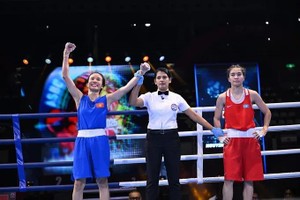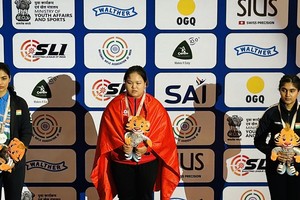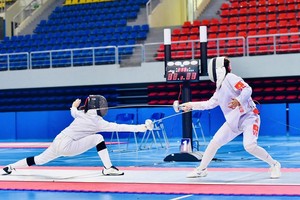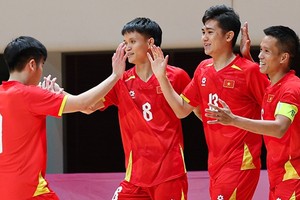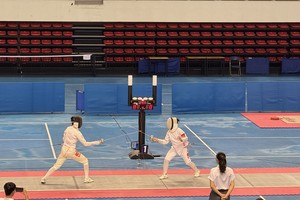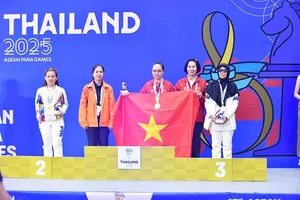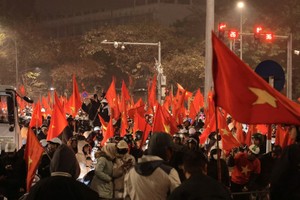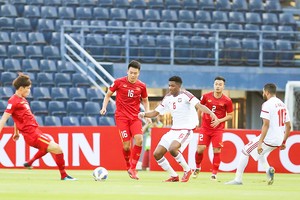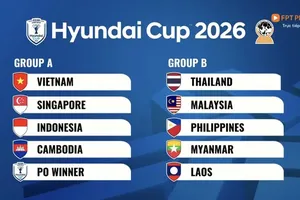RIO DE JANEIRO, July 31, 2011 (AFP) - Brazil has changed monumentally, culturally as well as economically, since the last time it hosted the World Cup back in 1950.
Saturday saw Rio de Janeiro host the preliminary draw for the 2014 edition, but when the show came round the first time half a century ago Brazil was a very different place.
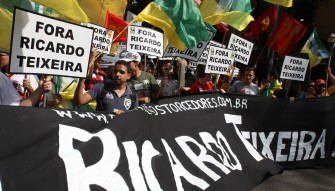
Today, it is growing apace and becoming a leading economic power - whereas back in 1950 the country had not even won a single World Cup, a far cry from the auriverde's current record five titles.
Back in those days, when even the talents of the great Pele had yet to materialise, Brazilians were still to discover the rhythms of the Bossa Nova - and even the micro bikini was still for future generations to admire.
So was national television, with the first network, Tupi, not starting up until some months afterwards.
Instead, radio and print soap operas existed as non-footballing entertainment for the masses.
Passion for football did exist, however, and there was much weeping when the hosts piled into the Maracana stadium for the final against Uruguay, who emerged with a 2-1 victory which plunged a nation into mourning.
The decade that followed saw technological and industrial progress, as well as the rise to prominence of a succession of great Brazil teams led by the likes of Pele, Tostao and Gerson, with World Cup titles delivered in 1958, 1962 and 1970, when perhaps the greatest team of them all dispatched Italy 4-1.
Since the 1950 tournament, Brazilian cities have grown apace with the likes of famous architect Oscar Nienmeyer setting in train the construction of the capital Brasilia, while Rio's Museum of Modern Art and Sao Paulo's biennial art exhibition, the largest of its type in South America, all post-date the event.
It was just in the early 1950s that Brazilian eyes began to feast themselves on the creations of Louis Reard, French engineer-turned-bikini inventor, the - for the time - daring costumes turning heads on Copacabana beach.
At the same time, Brazilian music took on a nationalistic-folkloric bent with the arrival of Bossa Nova, whose arrival can be traced back to Antonio Carlos Jobim's 'Hino ao Sol' (Hymn to the Sun).
Two constants in all the time which has since elapsed is Rio's enduring love of its wild carnival - and similar passion for the global game.
When the finals finally take place in three years time, Brazilian fans may be forgiven for hoping to step back in time to 1950 to heal the lingering wound of 'Maracanazo,' the shock loss to the Uruguayans which delayed the samba stars' World Cup dominance prior to Pele bursting onto the scene at Sweden 1958.





